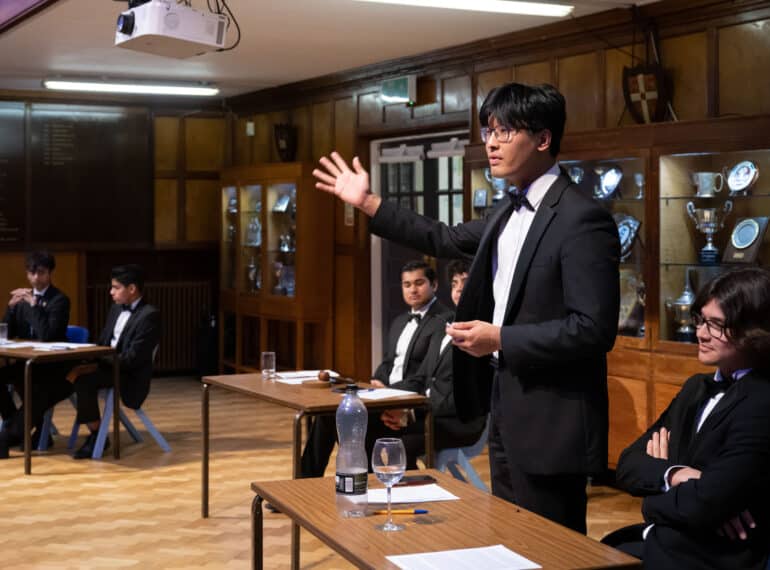
Investment sector specialist Mipham Samten (OE 2012–2019) may be among the 450 Club’s younger members, but he is clear-sighted about why he needed to buy into the club.
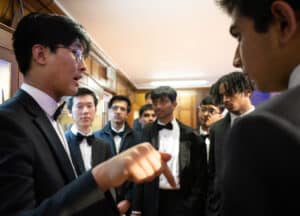 After taking full advantage of opportunities to get involved in debating and public-speaking while at the School, Mipham secured a place to read Philosophy, Politics and Economics at Oxford.
After taking full advantage of opportunities to get involved in debating and public-speaking while at the School, Mipham secured a place to read Philosophy, Politics and Economics at Oxford.
“For me, joining the 450 Club is about supporting an institution that believes in meritocracy, as I do, recognising that without responsibility, merit is meaningless,” he says. “From those to whom much is given, much is required. In that respect, joining was an easy decision to make.”
While at university, Mipham spent a year running the Oxford Alpha Fund – a student investment society.
“The game is to find out what everyone is thinking, and identify their potential mistakes. The biggest opportunity and challenge was developing an environment where the society can stay calm when the market is panicking or exuberant. This meant choosing to work with independent thinkers, people who are comfortable being wrong publicly and who change their mind with the facts, not with the crowd. Interestingly, this is not always correlated with ‘intelligence’ per se: separating your ego from your ideas is hard, but ultimately rewarding.”
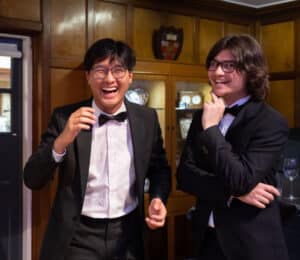 Mipham completed a summer internship with Man Group, a London Stock Exchange-listed active investment management business, in 2022, and then took up his present role with the firm in September 2023.
Mipham completed a summer internship with Man Group, a London Stock Exchange-listed active investment management business, in 2022, and then took up his present role with the firm in September 2023.
“I’m early in my career as an Investment Associate. Everyone wants to know, ‘What’s x fund’s ‘edge’?’ or its advantage over others. Generally, it’s pretty clear that an edge is the product of working hard now, or having worked hard before. It pays to stress assumptions others take for granted, to explore topics others ignore. Opportunities come and go, but those who are able to take advantage are those who prepared when something was unknown or unfashionable.
“I hope to continue investing professionally, learning a lot, and, hopefully, developing a little edge of my own.”
Mipham is pictured taking part in last year’s Elizabethan Union Dinner Debate alongside Saifullah Shah (OE 2013-2020).

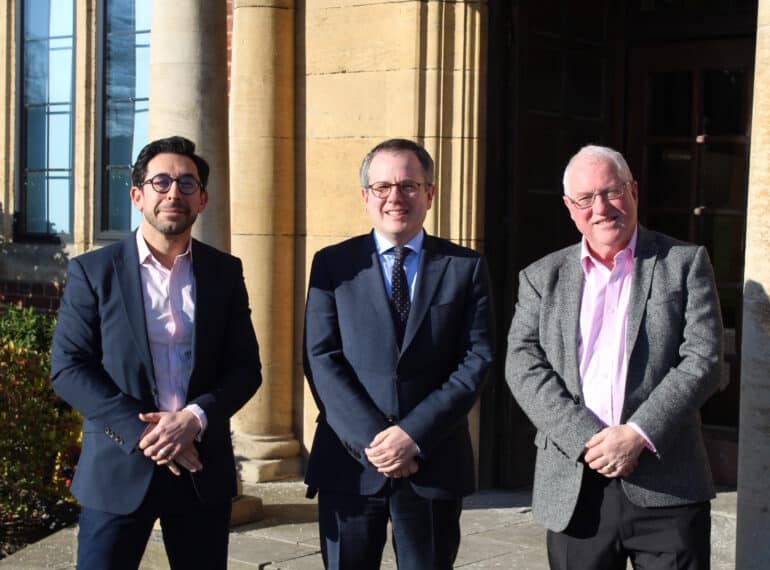
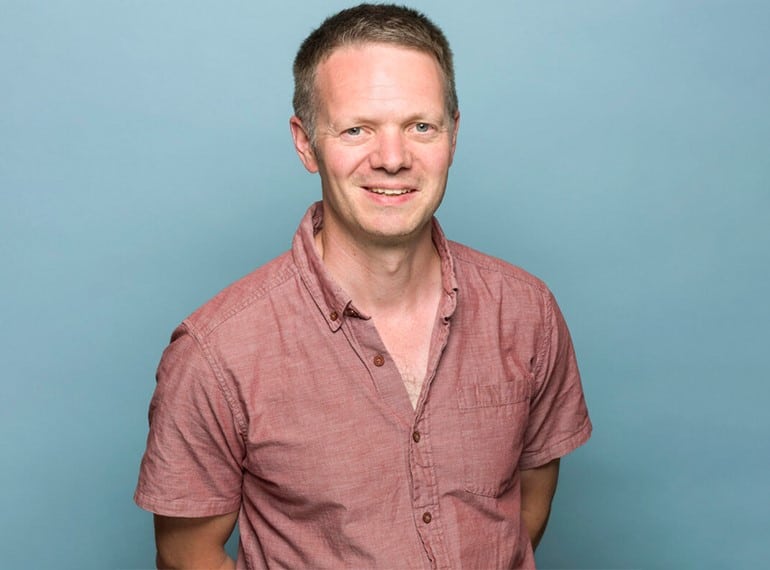
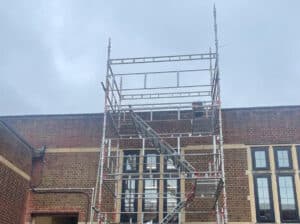 Work started this term on creating the 200-seat studio from two rooms towards the rear of Main Building. So far, a new roof has been installed and internal work done. The studio will come into use next term, with the tiered seating due to be fitted around the half-term break. The lighting and sound equipment has still to be purchased.
Work started this term on creating the 200-seat studio from two rooms towards the rear of Main Building. So far, a new roof has been installed and internal work done. The studio will come into use next term, with the tiered seating due to be fitted around the half-term break. The lighting and sound equipment has still to be purchased.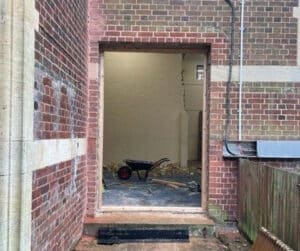 QE theatre trips this term included 40 boys in Years 9 and 10 going to see Red Pitch, an award-winning play at Soho House Theatre, which was built by Alex’s company, Charcoalblue.
QE theatre trips this term included 40 boys in Years 9 and 10 going to see Red Pitch, an award-winning play at Soho House Theatre, which was built by Alex’s company, Charcoalblue.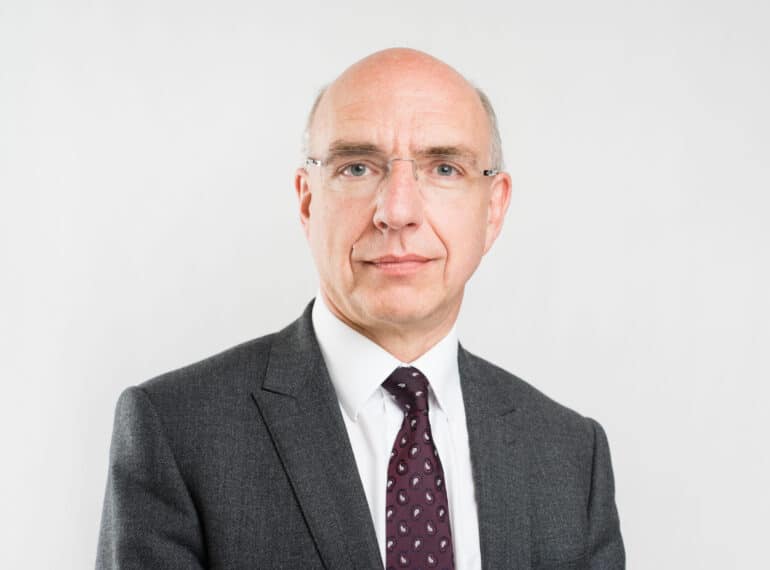
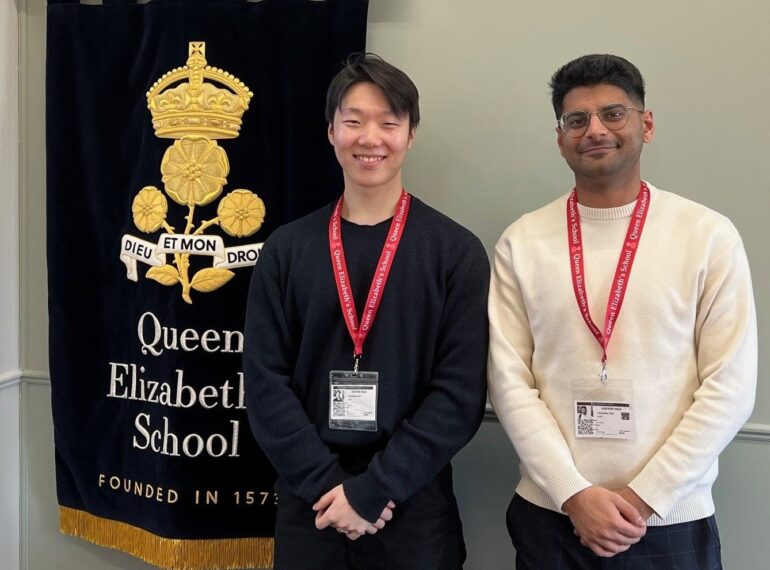
 “We’ve always wanted to try to democratise education,” says Kavi. “Medly AI was born from the vision of making quality education accessible and personalised through the power of AI. Both Paul and I noticed throughout our education how people often had advantages from their socio-economic background in terms of educational resources (e.g personal tuition): both of us come from backgrounds that didn’t allow us access to these resources. Recognising the gaps in traditional educational systems due to work pressures on teachers and staffing issues, we saw the potential of AI to fill these gaps and therefore conceptualised a platform that could act as a personal tutor, examiner, and classroom assistant, all integrated into one user-friendly interface.”
“We’ve always wanted to try to democratise education,” says Kavi. “Medly AI was born from the vision of making quality education accessible and personalised through the power of AI. Both Paul and I noticed throughout our education how people often had advantages from their socio-economic background in terms of educational resources (e.g personal tuition): both of us come from backgrounds that didn’t allow us access to these resources. Recognising the gaps in traditional educational systems due to work pressures on teachers and staffing issues, we saw the potential of AI to fill these gaps and therefore conceptualised a platform that could act as a personal tutor, examiner, and classroom assistant, all integrated into one user-friendly interface.”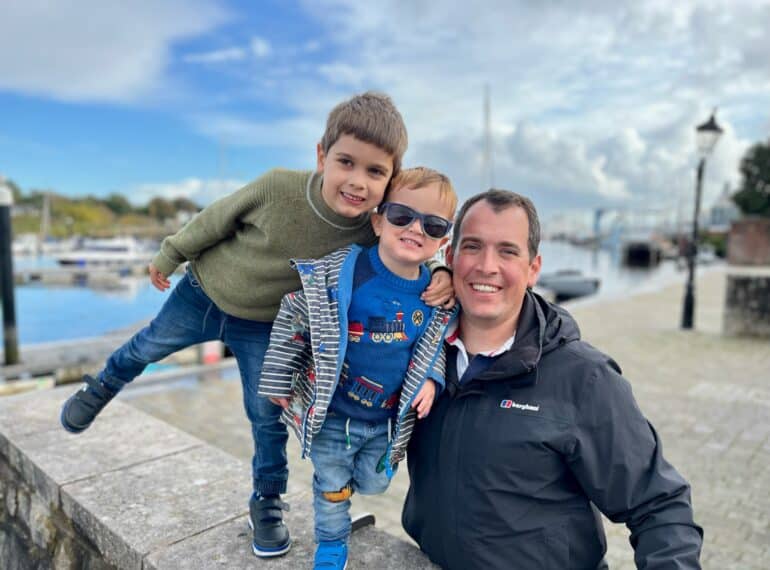
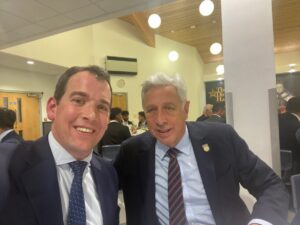 He combines globe-trotting on business with time spent with his young family in beautiful rural Suffolk. Yet, he says, without QE, “I would not have the skills or education to have the life I currently live. I received the invitation for the 450 Club and wanted to give something back.”
He combines globe-trotting on business with time spent with his young family in beautiful rural Suffolk. Yet, he says, without QE, “I would not have the skills or education to have the life I currently live. I received the invitation for the 450 Club and wanted to give something back.”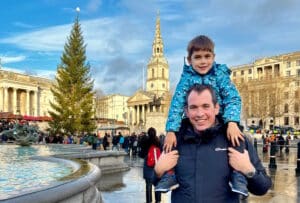 Boortmalt has 27 malting locations worldwide, with a total production of 3 million tonnes of malt – a key ingredient in both beer and whisky. “We supply brewers and distillers from the big global [players] to local and craft scales. I am responsible for the global account management for several of the world’s largest brewers, in addition to local responsibility in the UK and North America. Roughly 50% of my time is spent travelling, either meeting with customers, or visiting our production sites, or Antwerp HQ. In the past 18 months I have visited: Belgium, France, Spain, Germany, The Netherlands, Ireland, Scotland, Switzerland, Vietnam, Canada, USA and Australia for work.
Boortmalt has 27 malting locations worldwide, with a total production of 3 million tonnes of malt – a key ingredient in both beer and whisky. “We supply brewers and distillers from the big global [players] to local and craft scales. I am responsible for the global account management for several of the world’s largest brewers, in addition to local responsibility in the UK and North America. Roughly 50% of my time is spent travelling, either meeting with customers, or visiting our production sites, or Antwerp HQ. In the past 18 months I have visited: Belgium, France, Spain, Germany, The Netherlands, Ireland, Scotland, Switzerland, Vietnam, Canada, USA and Australia for work.